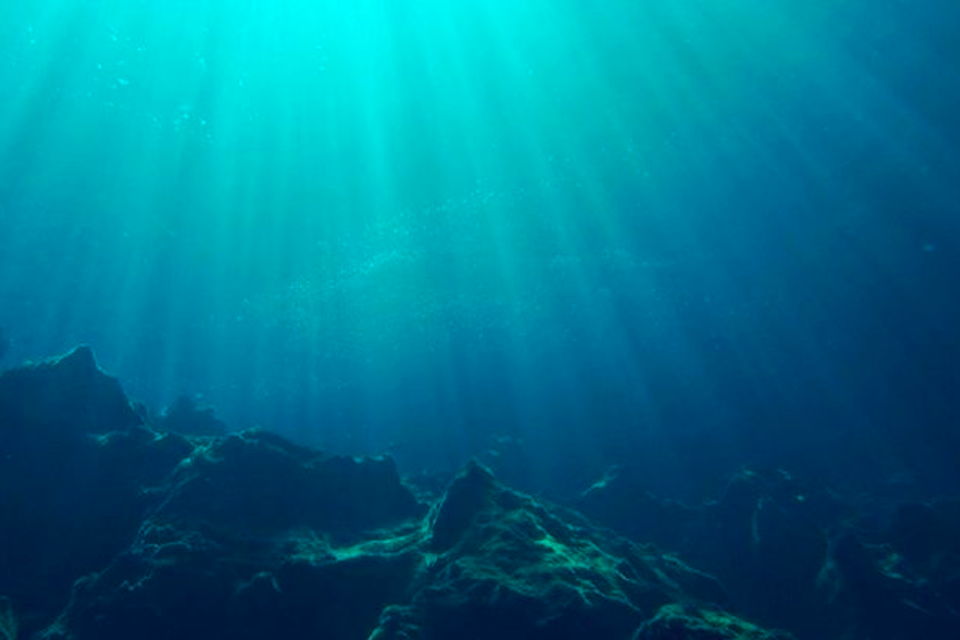Combatting marine plastic polution
Statement by Tom Woodroffe, UK Development Counsellor at the UN, at the meeting of the Group of Friends to Combat Marine Plastic

Excellencies, colleagues,
I am glad to see so many of us here today discussing this important issue on World Ocean Day - and I’m delighted that the UK is a founding member of such an important Group of Friends on Combatting Marine Plastic Pollution.
We are here today because marine pollution is a truly international problem. Research estimates that up to 12 million tonnes of plastic enter the ocean globally each year. Stopping it at the source is key.
Marine pollution is a transboundary issue. We need to work together through Groups like this one to forge the way forward. This is why, in 2018, we launched the Commonwealth Clean Ocean Alliance together with Vanuatu, which now has 34 members – over half the Commonwealth – who have pledged to take action on plastic pollution.
I’d like to pay tribute to the founders of this group on their work on these issues – and particularly (if I may) the world leading role of Antigua and Barbuda. I hope this group is an opportunity for us all to share lessons learned and best practice, so we can collectively demonstrate both what is achievable but, importantly, why urgent action is so critical.
This is an issue that really matters to the UK government. For our part, we have published a Resources and Waste Strategy that sets out how we will preserve our stock of material resources by minimising waste, promoting resource efficiency and moving towards a less wasteful, more circular economy – where we reuse, repair and recycle.
We have also banned microbeads in rinse-off personal care products, placed a levy on plastic bags on the high street and will introduce a ban on the supply of plastic straws, drink stirrers, and other single-use plastics in October.
The UK is committed to leading on marine conservation.
As custodians of the fifth largest marine estate globally, we are on track to have more than half of all UK waters protected through our Blue Belt programme.
We know we cannot go it alone, which is why we are calling others to join the Global Ocean Alliance for a global target to protect at least 30% of our ocean by 2030 and are currently building a new fund – the Blue Planet Fund – to help restore and protect ocean ecosystems around the world.
Thank you and we look forward to working with you all.